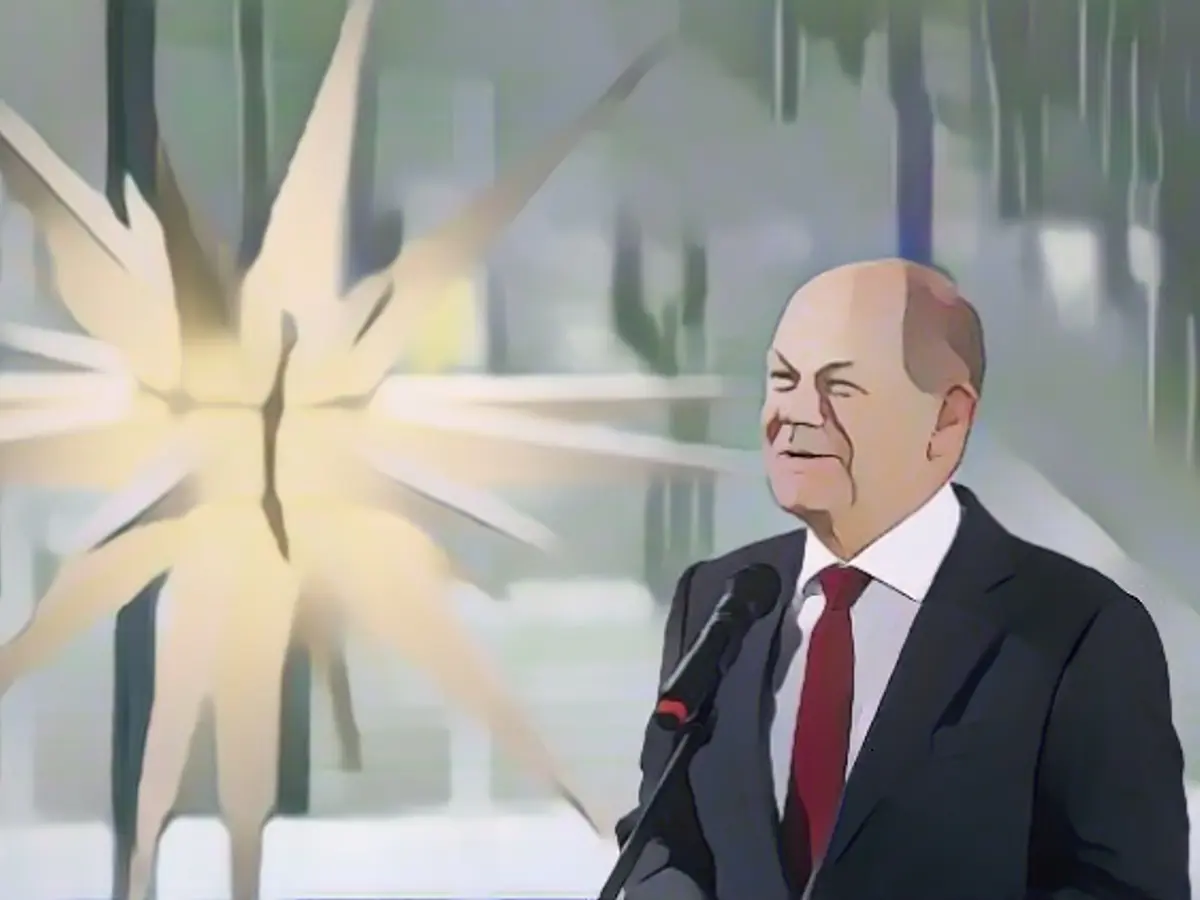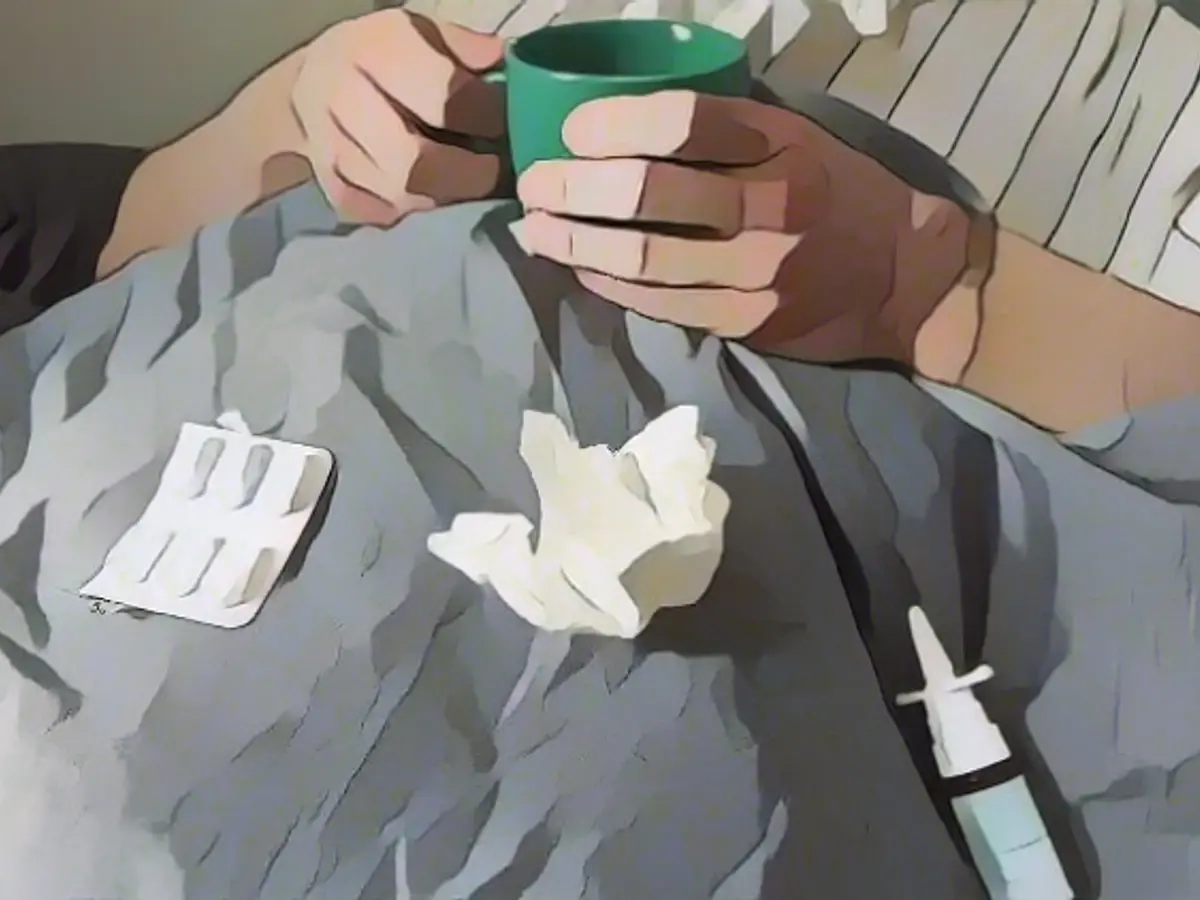Undeterred by COVID-19's Shadow: Kassenärzte-Chef Demands Transparency in Political Decisions
Social Media Sharing:
Medical director demonstrates displeasure over Coronavirus lockdown measures
The looming specter of the first Corona lockdown, which descended five years ago, continues to haunt Germany's public memory. Andreas Gassen, head of the Kassenärztlichen Bundesvereinigung (KBV), is urging for an evaluation of Corona-related political decisions. Gassen's call comes in light of recent claims concerning a suspected cover-up surrounding the origins of the pandemic.
Five years since the nation first locked down on March 16, 2020, Gassen speaks out on the importance of understanding the choices made during this period. "Transparency is our best way forward to ensure preparedness for future pandemics. Analyzing our actions is crucial, particularly in the face of recent allegations," Gassen stated in interviews with Funke media group newspapers. With the newfound belief that trust in government action hinges on truthful assessment, Gassen underscores the need for no-holds-barred evaluation.
Media Versus Shadows
Gassen links media reports about alleged suppressed intelligence findings by the Bundesnachrichtendienst to the pandemic's origins. In his view, a thorough examination of the political decisions from that time has never been more vital. Specifically, Gassen proposes the formation of an investigative committee, stressing that its mission is not to allocate blame but rather to shed light on successful measures, as well as those that fell short or were entirely disregarded.
The Reluctant Saviors
Gassen expresses disdain for political resistance to the evaluation process, subtly taking aim at certain individuals. "It's disheartening to witness those who were predilectory allies in our crisis now obstructing the search for truth," Gassen lamented.
The Iron Maiden of Political Accountability
Angela Merkel, former Chancellor, denied allegations of withholding intelligence data concerning the virus origin on March 11, 2022. Her spokesperson confirmed that Merkel firmly rejects these accusations, adding that the former Chancellor lacks the authority to comment on classified information matters. Neither Helge Braun, then Head of the Chancellery, nor Johannes Geismann, State Secretary responsible for Intelligence Services, wished to comment on the matter.
The Corona lockdown, accompanied by extensive restrictions, was implemented on March 22, 2020, and lasted for seven long weeks until May 4, 2020. As the world commemorates the five-year anniversary of the pandemic, the call for transparency remains steadfast, seeking answers that will strengthen public trust and secure a more resilient future.
- Corona Vaccination
- Corona Measures
- Corona Crisis
- Coronaviruses
- Doctors
Additional Insights:
As we remember the unfolding of the COVID-19 pandemic, the world grapples with the need for thorough evaluation and accountability.
Pandemic Background
- The pandemic, officially declared on March 11, 2020, by the World Health Organization, brought about an unprecedented global lockdown, significant economic disruptions, and a host of mental health issues, including rising instances of anxiety, depression, and social isolation[1].
- Political decisions worldwide, ranging from lockdowns to mask mandates, proved controversial and varied drastically across countries.
Demand for Justiced
- Allegations of potential cover-ups persist, particularly regarding the roles of laboratories and the initial response from select governments. These claims have fueled calls for increased transparency and accountability.
- Establishing an investigative committee to examine the political decisions made during the pandemicserves as a means to clarify any wrongdoing, assess the effectiveness of policies, and offer lessons for future public health emergencies.
Public Trust and Preparedness
- A commitment to transparency and honesty is vital for preserving public trust in government actions, particularly during crises.
- Reflecting on past decisions aids in shaping strategies for future pandemics, ensuring that valuable lessons are leveraged to strengthen global health security and swift response mechanisms.
[1] Xu, Ferland, et al. "Mental health, mental disorders, and psychosocial concerns during the COVID-19 pandemic: a systematic review." The Lancet Psychiatry. Vol. 8, no. 3, 2021, pp. 189–203. doi:10.1016/s2215-0366(21)00021-1.
- The European Union could institute an assessment of the health policies implemented during the coronavirus pandemic, particularly with regards to the lockdown, to ensure preparedness for future public health emergencies.
- In light of recent allegations concerning a suspected cover-up surrounding the origins of the pandemic, Gassen emphasizes the importance of thorough evaluation in the European Union's health policy-making processes.
- With the Coronaviruses continuing to pose challenges, Whatsapp groups in European Union could serve as platforms for discussion regarding the transparency in political decisions, fostering a deeper understanding of the choices made during the pandemic.







